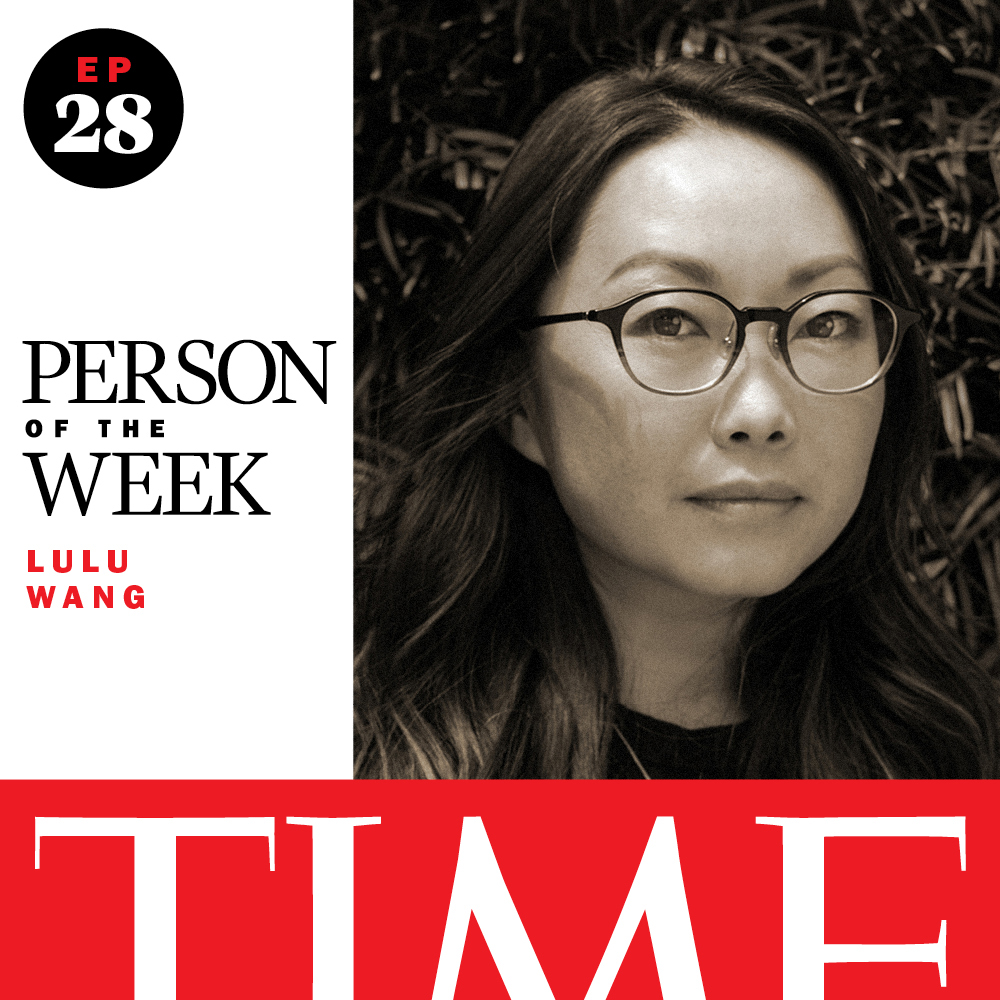You’ve probably heard of Lulu Wang from her 2019 hit The Farewell. That movie is about a young Chinese-American woman who travels to China to visit her ailing grandmother, as part of a family-wide scheme to say goodbye to the matriarch without letting her know she’s dying. That film premiered at Sundance, won Best Feature at the Independent Spirit Awards, and was named one of the American Film Institute’s Top Ten best films of 2019.
Along the way, Wang helped usher in a new era of Asian-American filmmaking in Hollywood.
Now, Wang is back with a new series, Expats, an adaptation of Janice Y.K. Lee’s bestselling novel The Expatriates. Nicole Kidman stars in the six-part series, which follows a group of American women living in Hong Kong whose lives are united by sudden tragedy. The series traces their shifting relationships as they navigate blame, accountability, and what it means to be a mother in an increasingly globalized world. I’m not going to say much more than that, because, you know—spoilers, but I saw a few of the early episodes, and let me tell you—I’m shook.
In our conversation, Lulu Wang explains her unique approach to filmmaking, relives the challenges of being an assistant in Hollywood, and tells us why she felt it was so important to make a show about expats living in Hong Kong.
Tune in every Thursday, and join us as we continue to explore the minds that shape our world. You can listen to the full episode in the player above, but here are a handful of excerpts from our conversation, which have been condensed and edited for clarity.
On the worst thing she was ever asked to do while working as an assistant in Hollywood:
I was asked to get a very specific salad from the deli of Whole Foods, and I had to check, like, five Whole Foods at close to 10 o’clock at night because they didn’t have the one with the cranberries.
And the last one I got to, they were closing. And I was crying. And I was like, I can’t get fired. Like, please, like, just let me in. And I ran in and I got it and. And yet it didn’t even feel that good because there was just something kind of humiliating about like: “Good job.”
I was like, I’m made for more than this.
On what her 2019 hit The Farewell was trying to explore about cultural differences between the U.S. and China:
It’s not even just like Chinese and American. I think that there’s something about old world, new world, as well as—and this is a theme that runs through all of my work— around collectivism versus individualism.
And I think that it’s easy to think of it as a binary, that Americans are all about individualism— I mean, which we are, I think that is a prominent value— and eastern cultures often emphasize collectivism. But I think ultimately that the answer lies somewhere in between, somewhere on that spectrum. For everybody it’s going to be a little bit different.
And so I just wanted to look at all of the different facets of this polarity without any kind of judgment. And without saying: this is right, this is wrong. But just seeing how it is done differently in different places and the considerations are different.
On how her new show, Expats interrogates the politics of care work:
I think that caretaking is something that just isn’t seen on screen. And I think that there’s real danger in that invisibility of like, who’s actually doing the labor and what it costs, what it takes. And I think a main part of why Westerners love being expats in a place, particularly like Hong Kong, is that they get a lot of support, which is wonderful. And it’s something I think about all the time. Again, there’s a collective, whether that’s family, but also that there is this system in place of domestic workers and live-in help. And, you know, it’s something that I heard a lot, too, while I was doing research of people saying, Oh, well, you know, the values are different here.
And it’s like, well, are your values different? Or is it just easier for you to shift your values because you’re in a society that accepts them and has a different perspective?
And so, in a way, it’s like you get away with things, maybe, that you wouldn’t here. And there’s always the comparison: well, the locals are so much worse. You should see how, you know, we’re actually doing great. And it’s like, well, is that how you judge?
When you go look at homes in Hong Kong, whether it’s an apartment or a single house, they all have a helper’s area. There’s a built in space in the architecture of these places for live-in help. And they tend to be in the basement. They tend to go off of the kitchen. They are always separated from the family. So, as far away as possible. And we saw places that, had the helper’s bed above the pantry. like literally it was a shelf that pulls out. And so, what do you do with that, right?
I didn’t come from a place where I was trying to attach a judgment. I just wanted to show what it was and to leave these questions for audiences to answer for themselves.
- What Student Photojournalists Saw at the Campus Protests
- How Far Trump Would Go
- Why Maternity Care Is Underpaid
- Saving Seconds Is Better Than Hours
- Welcome to the Golden Age of Ryan Gosling
- Scientists Are Finding Out Just How Toxic Your Stuff Is
- The 100 Most Influential People of 2024
- Want Weekly Recs on What to Watch, Read, and More? Sign Up for Worth Your Time
